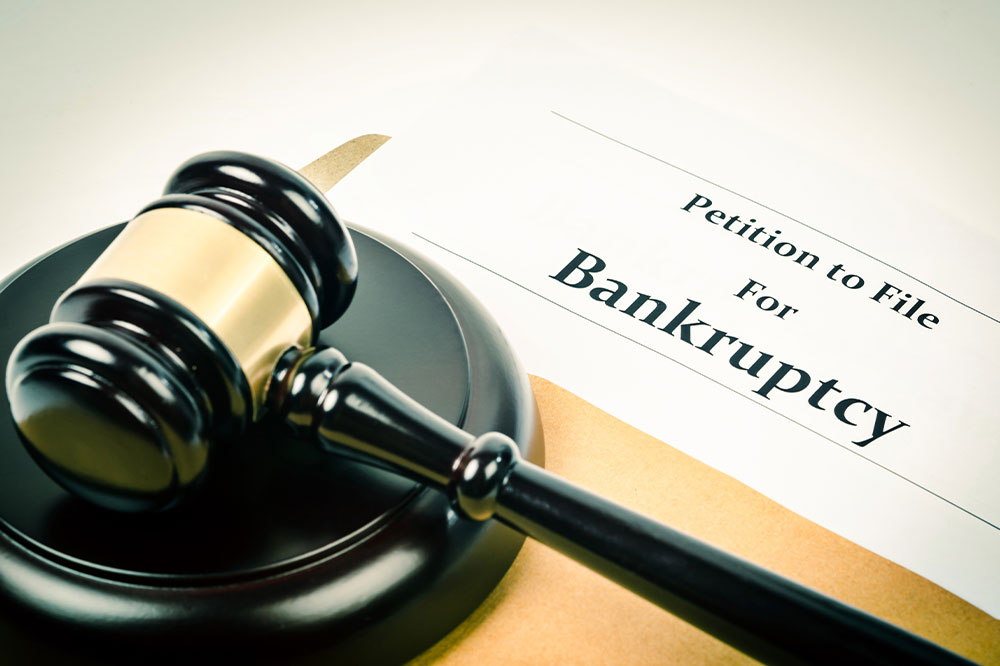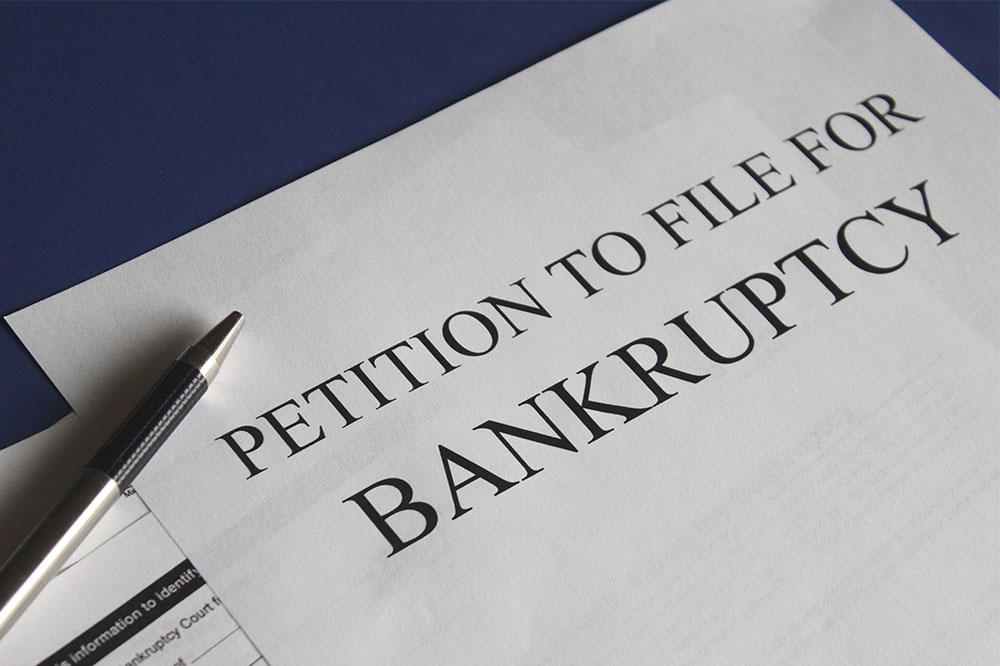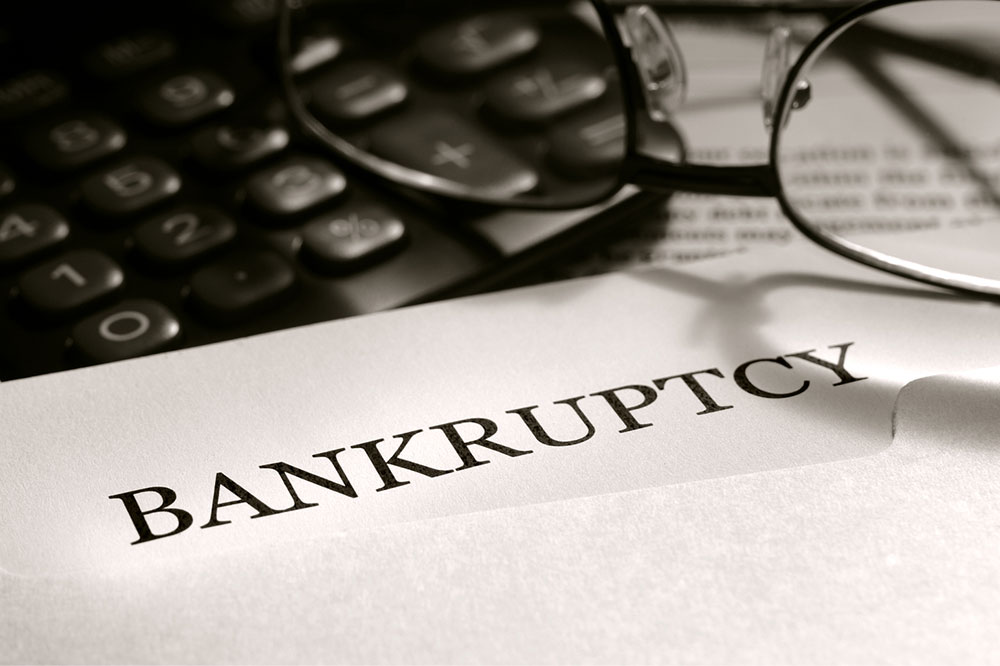A Comprehensive Guide to Bankruptcy Filing Expenses and Cost Management Strategies
This comprehensive guide explains the various costs involved in filing for bankruptcy, including court fees, attorney charges, and mandatory credit counseling. It provides practical tips on how to manage these expenses through savings, flexible payment plans, and affordable professional services. Understanding these costs helps individuals plan effectively, reduce financial stress, and navigate the bankruptcy process smoothly, making it essential reading for those considering debt relief options.

Understanding Bankruptcy Filing Expenses and How to Effectively Manage Them
Are you considering filing for bankruptcy and trying to understand the associated costs? Many individuals are often overwhelmed by the expenses involved, which can vary significantly depending on several important factors. While certain fees are set by the court, others depend on your specific circumstances, such as the complexity of your case and the type of bankruptcy you pursue. Knowing what costs to expect and how to plan for them can greatly ease the process and help you navigate bankruptcy more smoothly.
Bankruptcy filing expenses typically comprise court fees, attorney charges, and optional additional costs. Court fees are generally fixed, but they vary depending on the chapter of bankruptcy you file. For instance, filing under Chapter 7 usually incurs a fee of approximately $335, while Chapter 13 filings might have a fee close to $310. These fees are a mandatory part of the process and are payable at the time of filing.
Attorney fees are often the most substantial component of bankruptcy costs. They vary greatly based on geographic location, the complexity of your financial situation, and the specific services required. On average, filing for Chapter 7 bankruptcy can cost around $1,450 including legal fees, whereas Chapter 13 cases tend to be more expensive, with average costs around $3,000. It's important to note that these figures are estimates, and actual costs can be higher or lower depending on your case and the attorney you employ.
In addition to court and legal fees, there are other unavoidable costs to consider. One of the mandatory steps in the bankruptcy process involves completing credit counseling courses. These courses aim to educate debtors on managing finances and avoiding future financial distress. The cost for these counseling sessions is generally around $50, but some providers may charge more or offer discounts based on income or financial hardship.
Knowing these potential expenses, it’s wise to plan accordingly. If you’re concerned about affording bankruptcy legal services, consider options such as savings, payment plans, or negotiating flexible payment schedules with your attorney. Some individuals also opt for bankruptcy petition preparers, who assist with paperwork at lower costs than attorneys. However, it’s important to note that hiring a petition preparer does not substitute for legal representation, especially in complex cases.
Another strategy to manage bankruptcy costs involves thorough research and comparison shopping among legal professionals and credit counseling providers. Many attorneys offer free initial consultations, which allow you to gauge costs and understand the scope of services needed. Additionally, some non-profit credit counseling agencies offer services at reduced rates or even for free, which can help you meet mandatory requirements without excessive expenses.
Proactively planning for these expenses can prevent surprises and ensure your bankruptcy process proceeds without unnecessary delays. It's crucial to weigh the costs against the potential benefits of debt relief and a fresh financial start. Understanding the typical costs associated with bankruptcy filing enables you to prepare a realistic budget and explore financial aid options if necessary.
Moreover, keeping detailed records of all expenses related to your bankruptcy case can help you track costs and avoid overspending. Maintaining transparency with your legal team about your financial situation and affordability will also ensure you receive appropriate guidance and support throughout the process.
In conclusion, while bankruptcy filing costs can seem daunting, understanding the fee structure and exploring available options can make the process more manageable. By planning ahead, making informed choices, and seeking affordable professional assistance, you can streamline your bankruptcy experience and set a solid foundation for your financial future.





